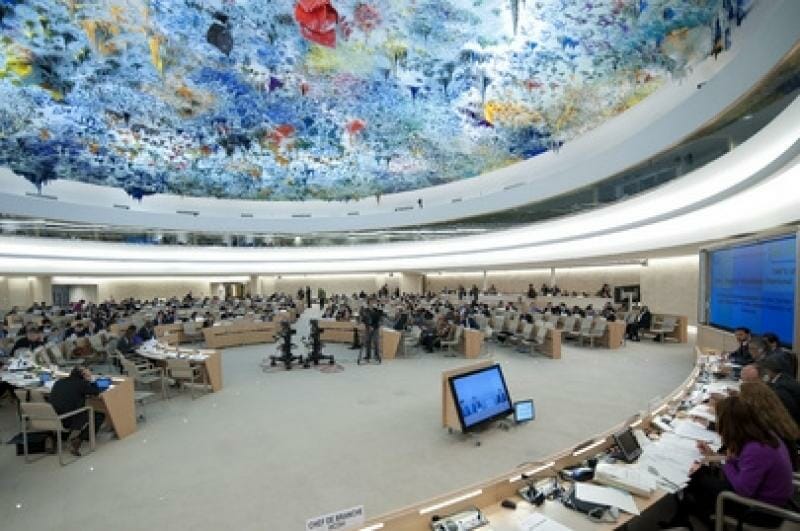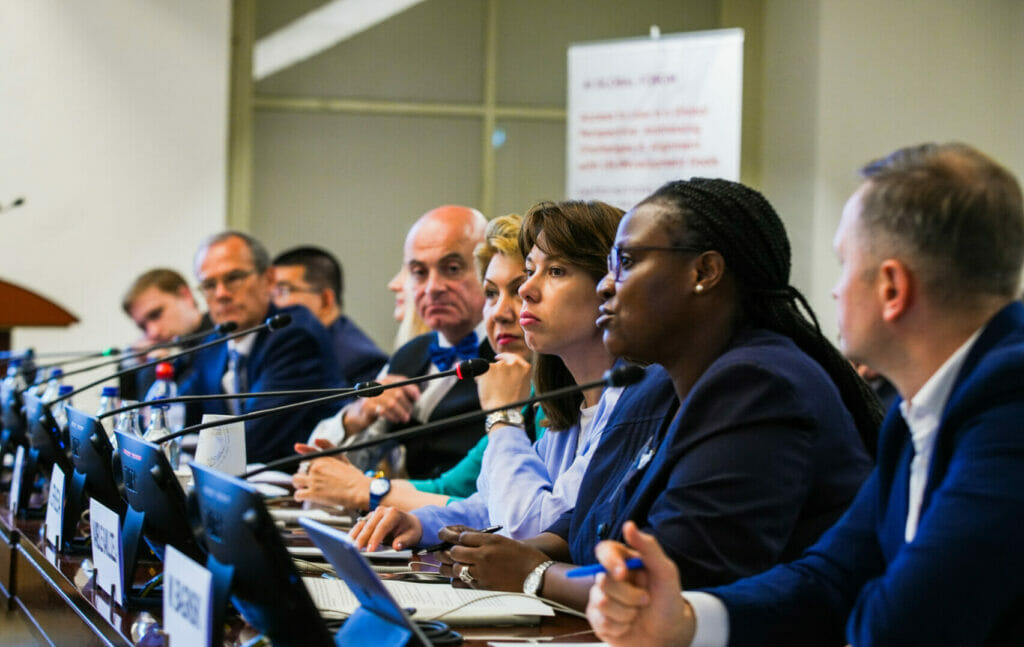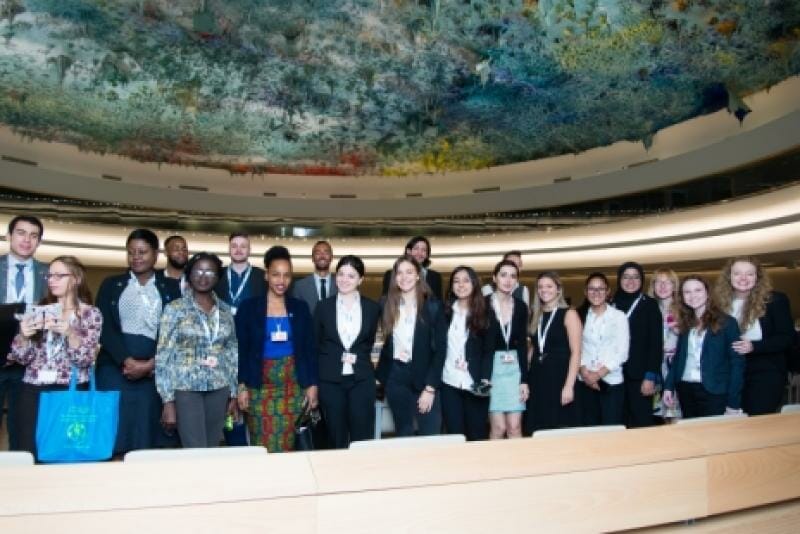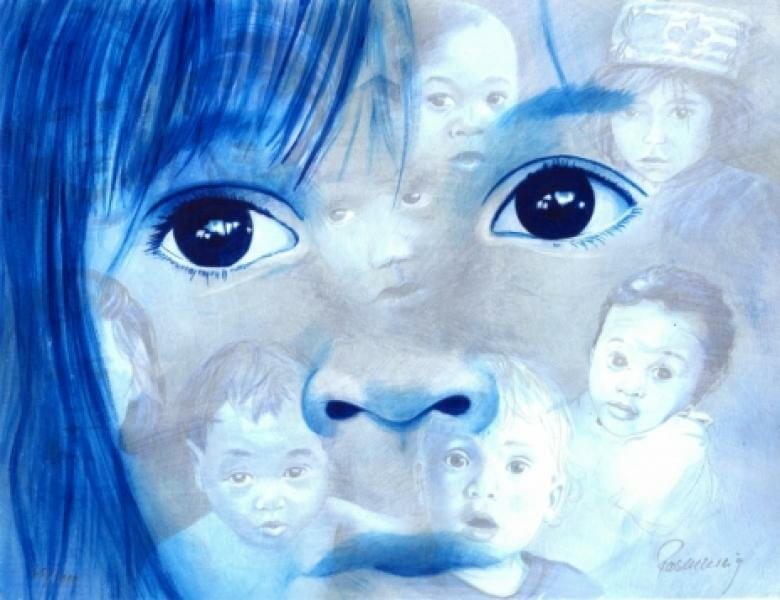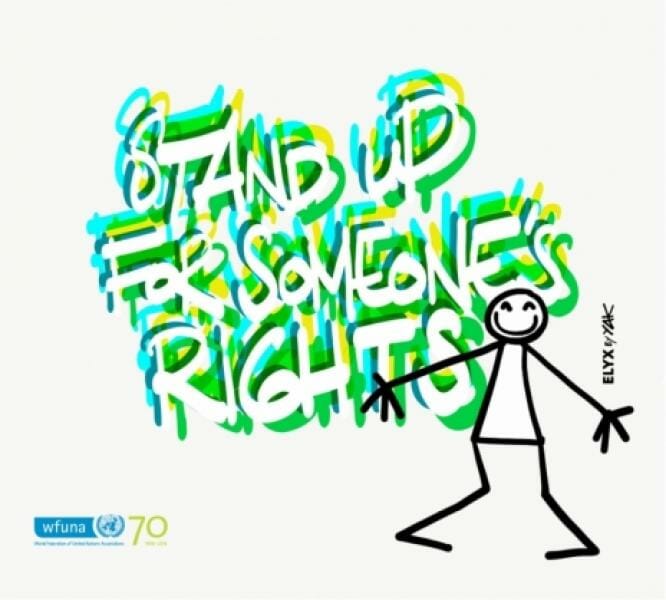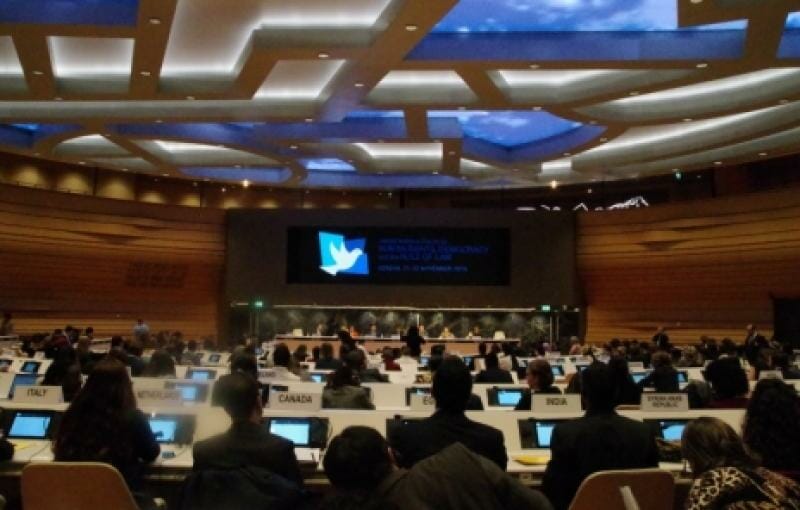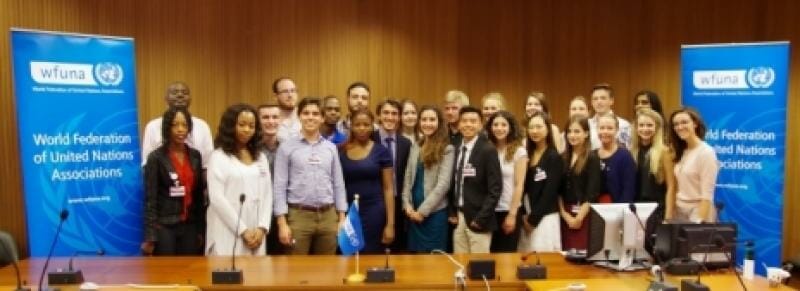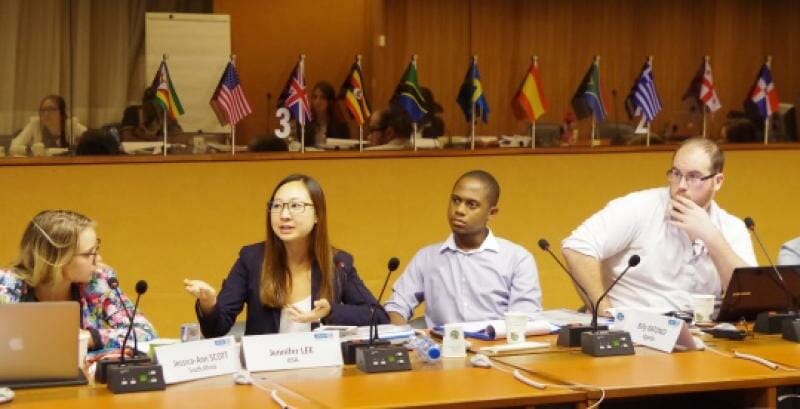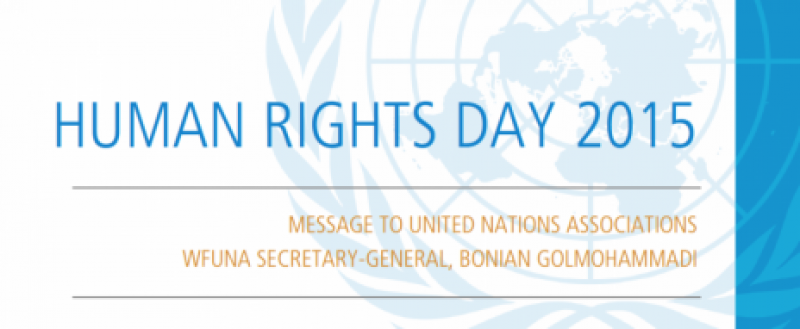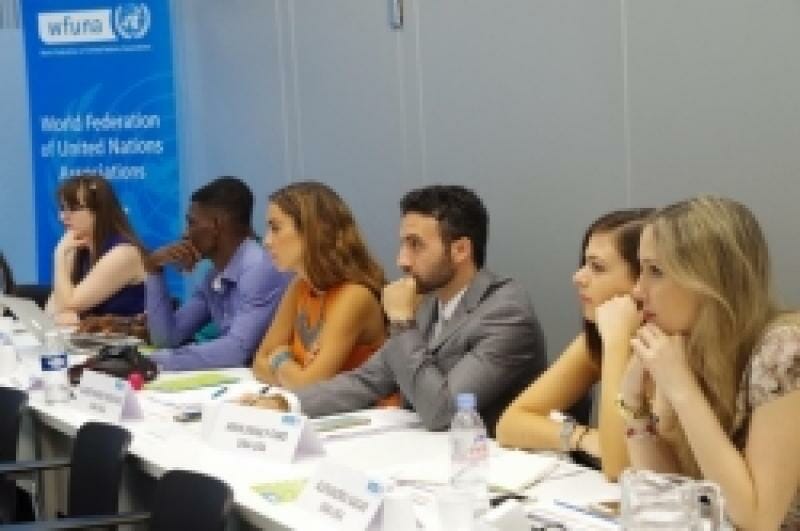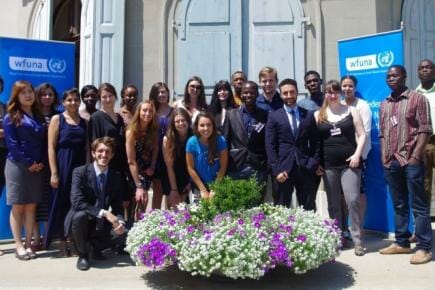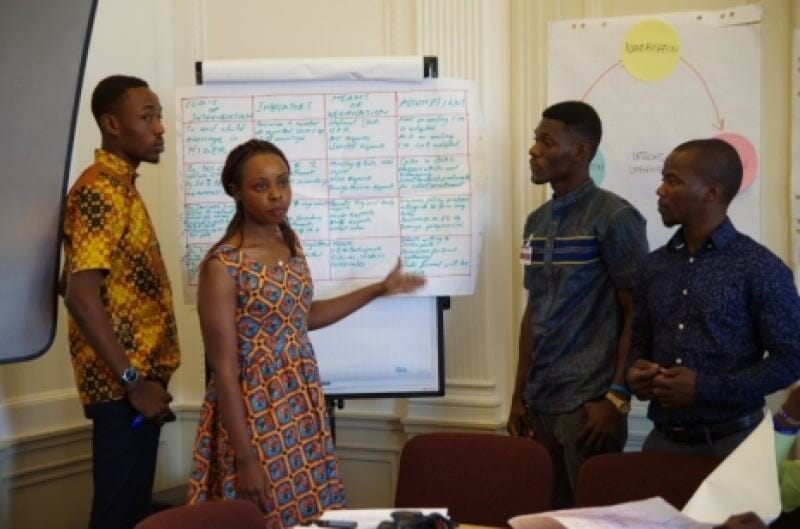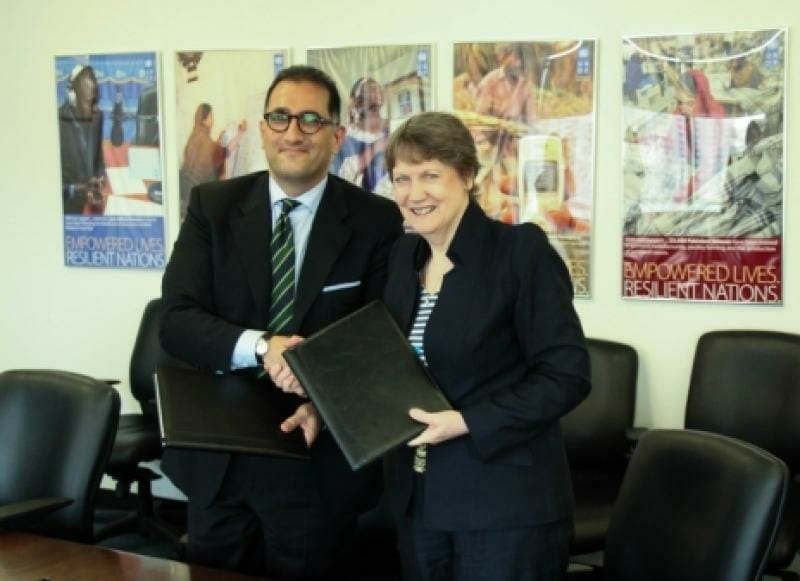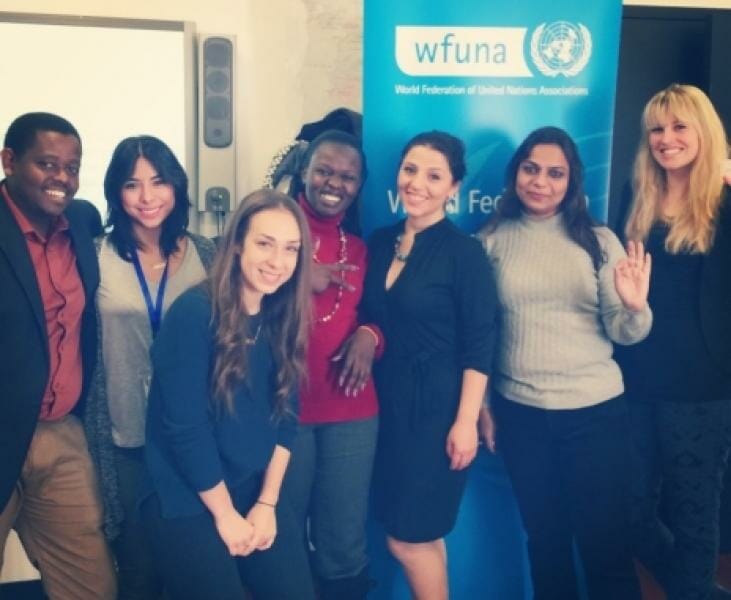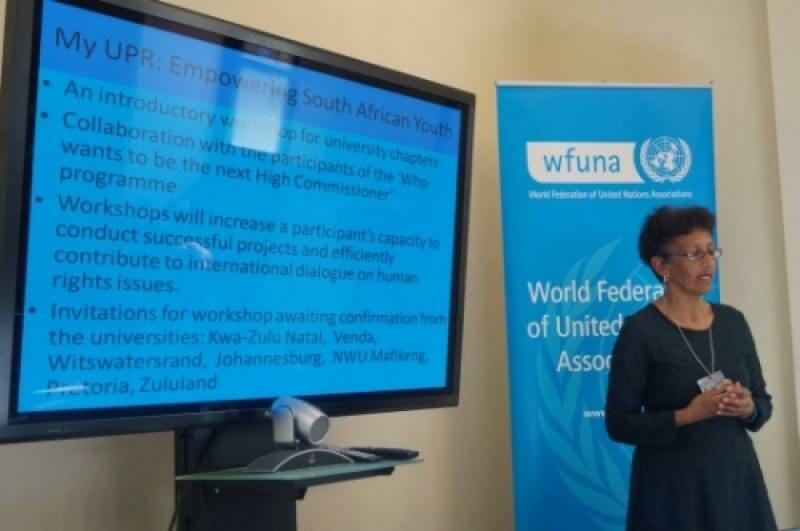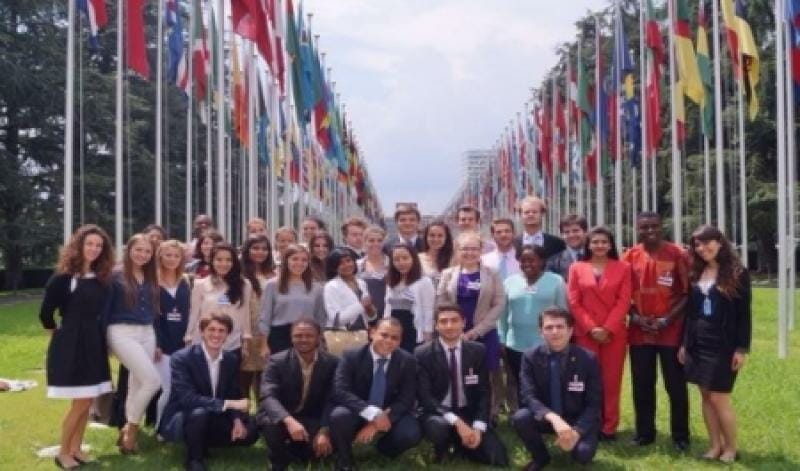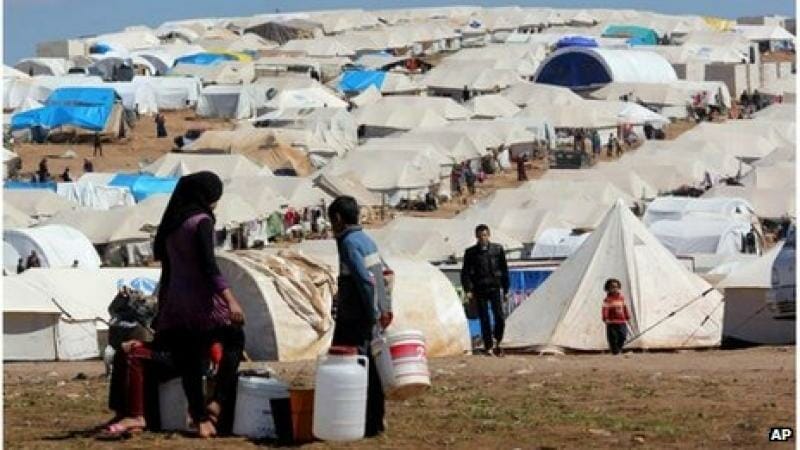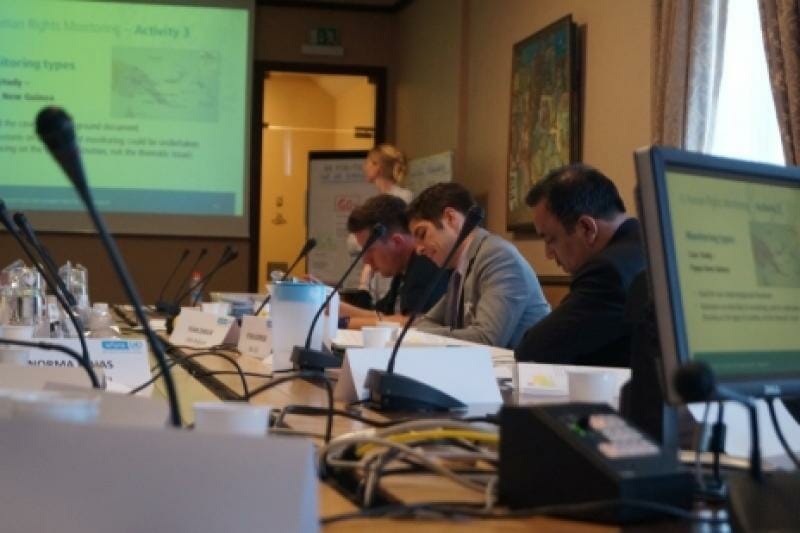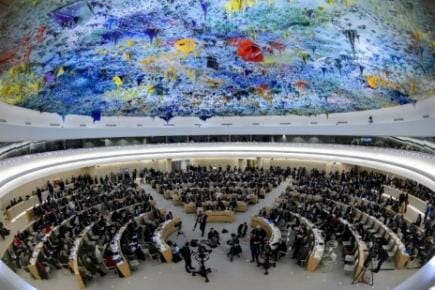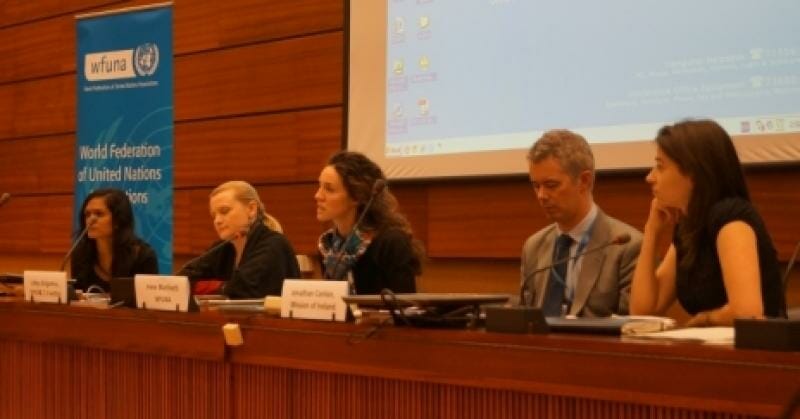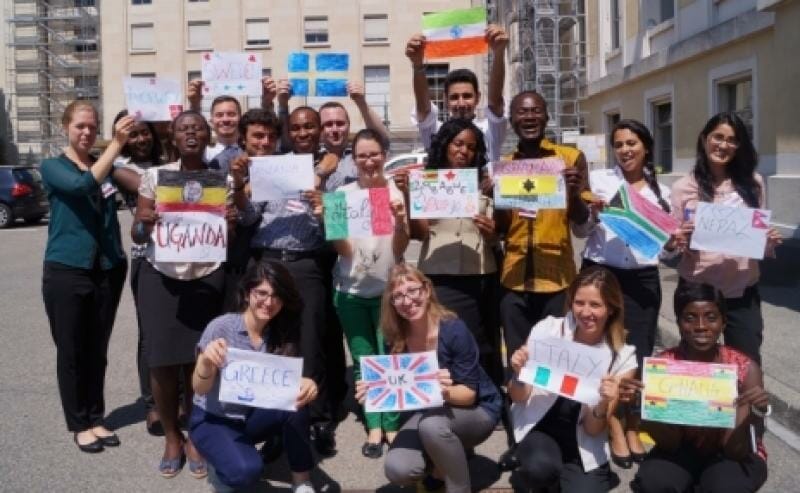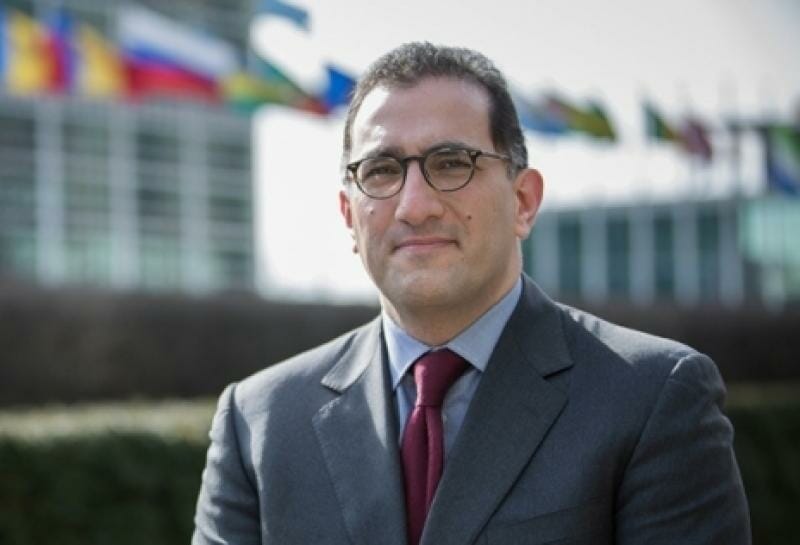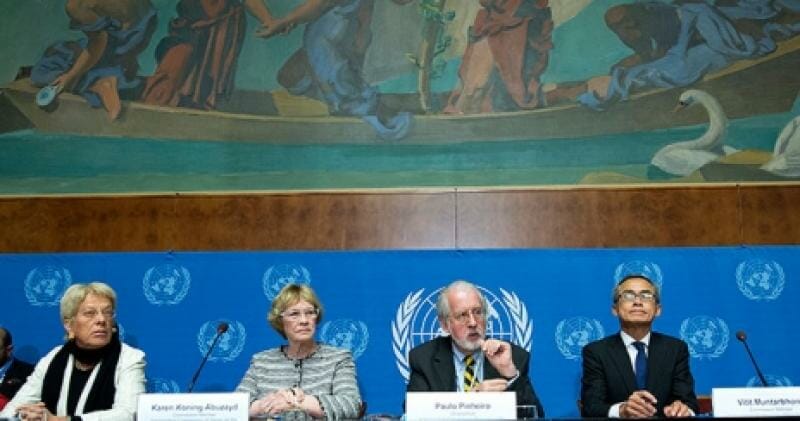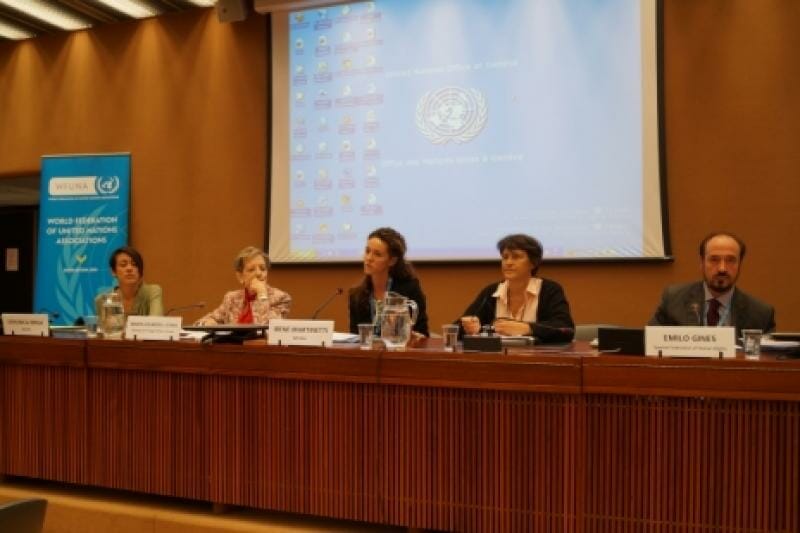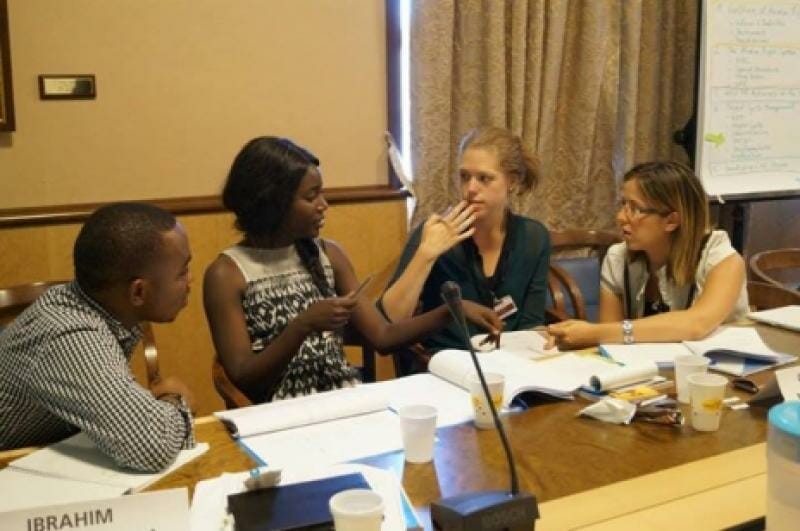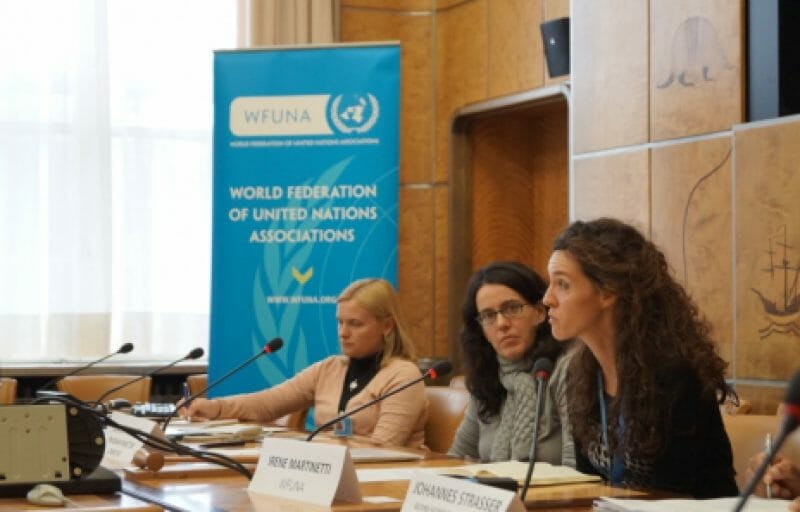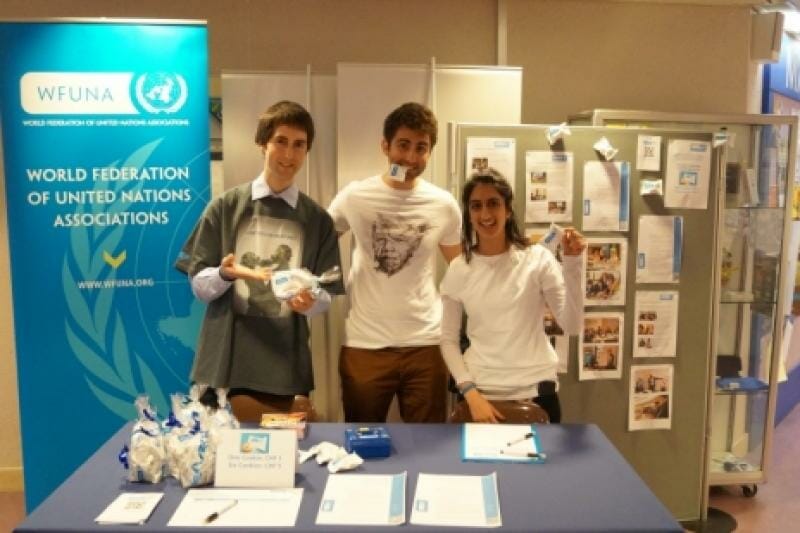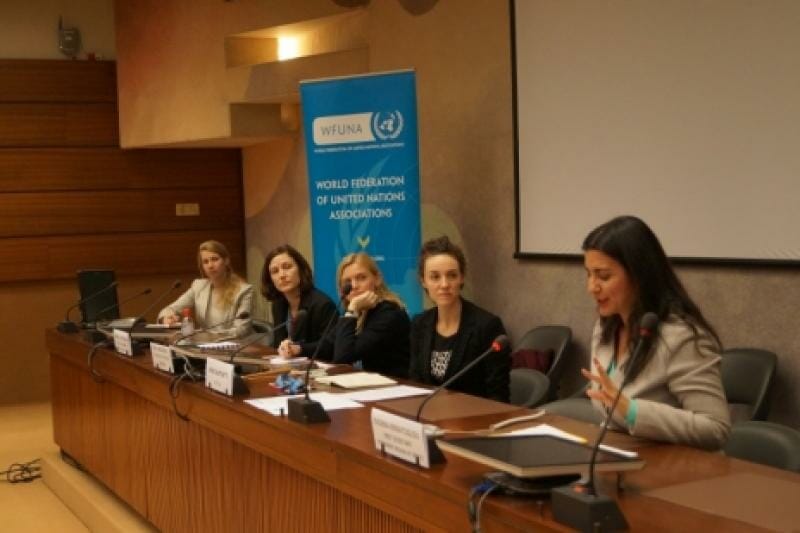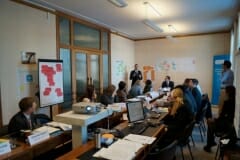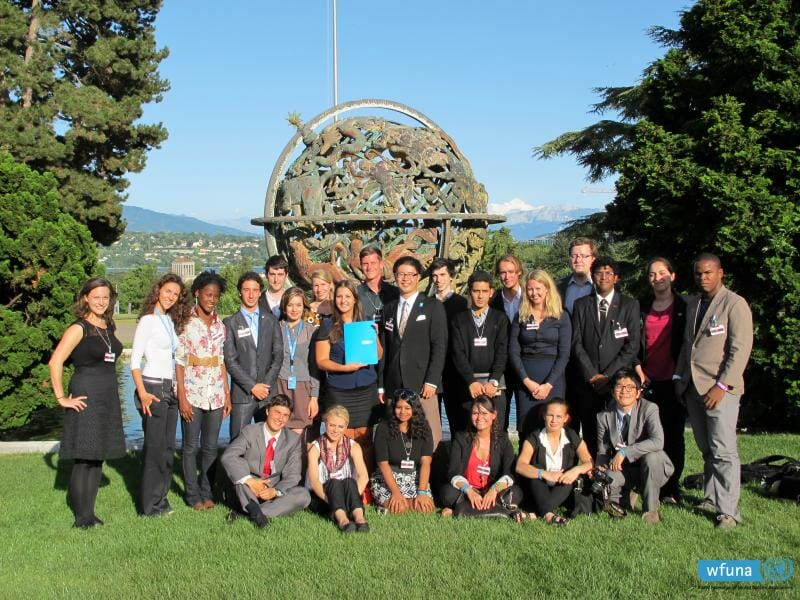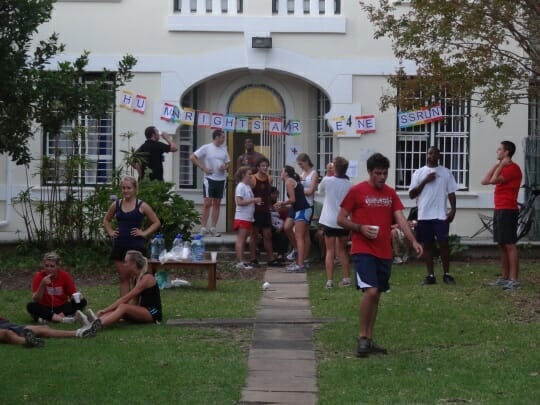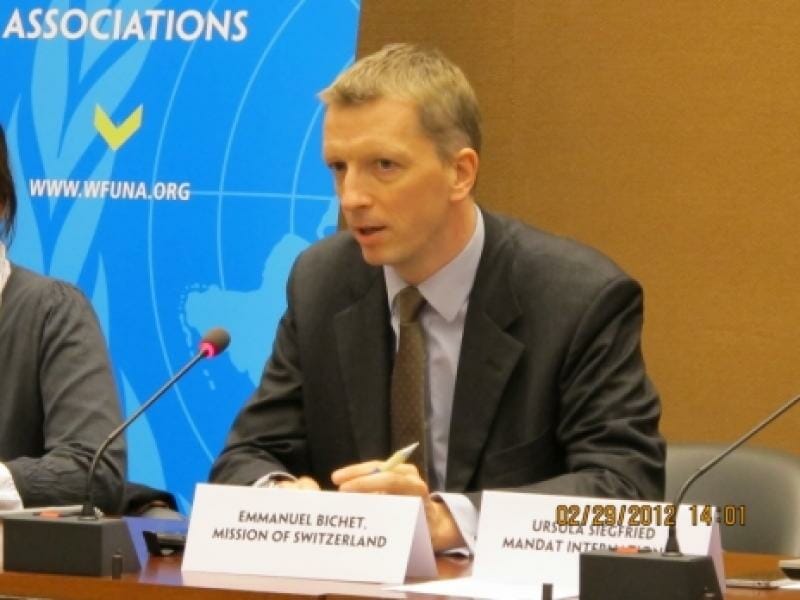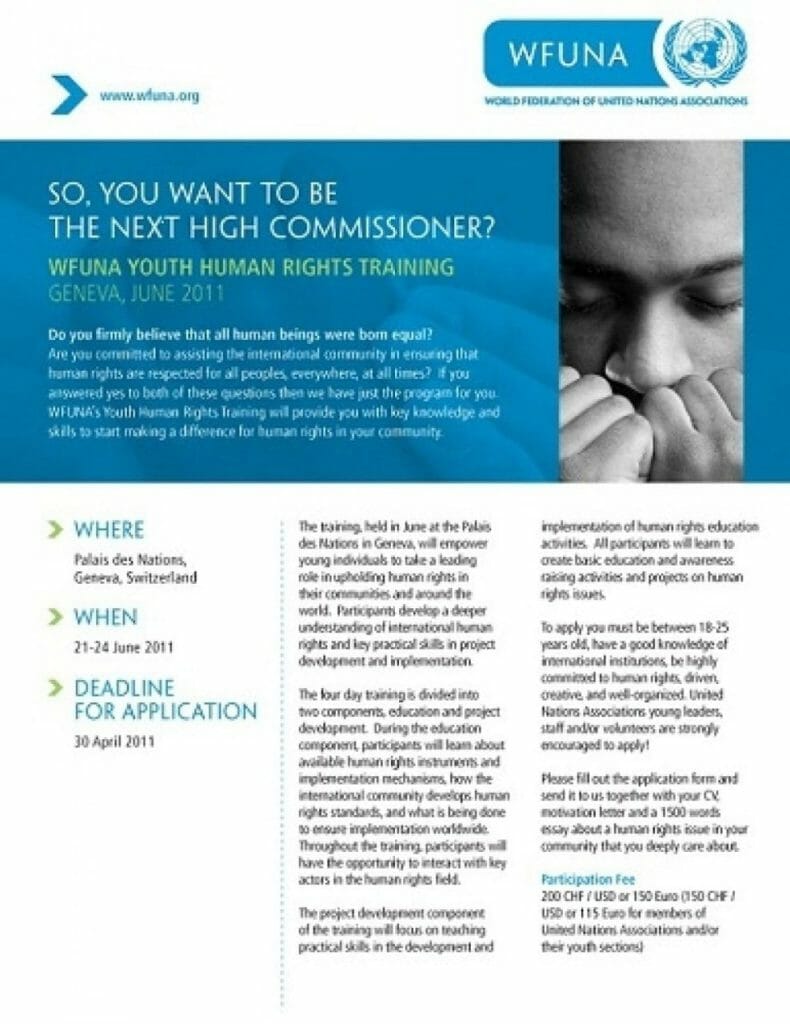WEDNESDAY, NOVEMBER 9, 2016
The 26th session of the Universal Periodic Review Working Group, which kicked off in Geneva on October 31st, has come to an end. The states under review for this session of the UPR cycle were Togo, the Syrian Arab Republic, Venezuela, Iceland, Zimbabwe, Lithuania, Uganda, Timor-Leste, the Republic of Moldova, Haiti and South Sudan.
During the two weeks of the session, WFUNA took a closer look at the following country reviews:
The Syrian Arab Republic
Mr. Hussam Edin Aala, Ambassador and Permanent Representative of the Syrian Arab Republic to the United Nations Office at Geneva, presented the state’s national report. He said that the main reason for the deterioration of human rights in Syria was the presence of terrorist groups, which were being supported and funded from abroad, and that the Israeli occupation was the main hindrance to Syrians’ exercise of rights. He condemned the high politicisation which marked the way in which Syria was dealt with in the Council, mentioning that “certain states” were looking for confrontation, which was contrary to a constructive dialogue, and that those same states insisted on using inappropriate language.
Iran and Iraq acknowledged the efforts of Syria in the fight against terrorism. The representative of China said that the solution to the Syria issue was a political one and that Syria’s unity, integrity and sovereignty had to be fully respected. This statement was backed up by the Democratic People’s Republic of Korea, who underscored Syria’s right to choose its own political and economic system.
The delegation of Israel referred to Syria’s national report as a “nonsensical document” and a “fairy-tale”, and highlighted the cruelty of the Syrian regime. Turkey said that the Syrian report was an attempt to distort the reality, that the regime was the main responsible and therefore had to be held accountable for its crimes against humanity. The Netherlands recommended that Syria stop bombing its own civilian population and, according to France, Syria was deliberately targeting humanitarian actors. Several delegations urged the Syrian government to allow unhindered access to humanitarian actors, with Italy, Sweden, Switzerland, the United States and Germany putting an emphasis on this aspect.
Zimbabwe
Mr. Emmerson D. Mnangagwa, Vice President and Minister for Justice, Legal and Parliamentary Affairs of Zimbabwe, drew attention to the biggest achievement Zimbabwe made during the period under review, which was the institutionalization of the promotion of human rights in the country. Other improvements included a law raising the age of marriage to 18 years old, a school feeding program, a decrease in HIV prevalence, steps taken to improve the freedom of expression and the fact that women could now inherit land from their deceased husband or father. Mr. Mnangagwa insisted on the fact that the government did not interfere in the Zimbabwe Electoral Commission. Concerning the right to free education, he said that it would be progressively achieved when the resources became available.
During the interactive dialogue, two issues were brought up repeatedly; the abolition of the death penalty, recommended by Spain, Portugal, France and Belgium, and the ratification of the Convention against Torture, recommended by Sweden, the United Kingdom and Costa Rica. The United States highlighted the increase of politically motivated violence and the failure to hold the perpetrators accountable. Switzerland recommended that the Zimbabwean government take legislative measures to actualize the new constitution and to ensure the free informed participation of citizens in the elections. The representatives of Brazil and Canada were concerned about the criminalization of sexual relations between consenting adults of same sex.
On the other hand, the representative of Syria emphasized the right of Zimbabwe to freely choose its own political system and recommended that it strengthen its legal framework to defend its sovereignty. The Democratic People’s Republic of Korea commended Zimbabwe for its considerable efforts, despite the imposition of economic sanctions by some Western countries.
Uganda
Mr. Sam K. Kutesa, Minister of Foreign Affairs of Uganda, presented the state’s national report to the Working Group. He emphasized the fact that the constitution guaranteed the rights to freedom of expression and freedom of assembly, and that the elections were held in a free and fair atmosphere. Regarding the issue of torture, he explained that Uganda had passed a law that prohibited torture and that it now had to implement the regulations. He then talked about the treatment of the LGBTI community, explaining that the Ugandan government did not accept or tolerate any discrimination based on sexual orientation, but that it was not entirely enthusiastic about the promotion of the LGBTI community and that it did not accept its exhibition. He also discussed the death penalty, highlighting that the Supreme Court had decided the capital punishment was not mandatory, even though it appeared in the law. Then, he insisted that the public order management act was passed to regulate the conduct of the assemblies in order that they did not breach the peace, and that it was not passed to prohibit public assemblies. Finally, Mr. Kutesa mentioned the violence against women and underscored that the men had to be sensitized, because they were the main perpetrators.
During the interactive dialogue, similar recommendations were made by different delegations. France, Iceland, Italy, Montenegro, Namibia, Portugal, Slovenia, Spain and Ukraine recommended that Uganda take measures towards the abolition of the death penalty. Recommendations to implement the act against torture were made by Guatemala and Ireland. Another topic that was brought up by many delegations was the violence against people from the LGBTI community in Uganda. In fact, Czechia, Germany, Mexico and Sweden asked that Uganda decriminalize same-sex adult relations.The representatives of Argentina, Cyprus and Madagascar recommended the entry into force of the application of the law against female genital mutilation. Furthermore, the elimination of sexual and gender-based violence against women was advised by the Syrian Arab Republic and the United States. On a positive note, the United States commended Uganda for its treatment of refugees, which it said was an example for the rest of the world.
South Sudan
Mr. Paulino Wanawilla Unango, Minister of Justice and Constitutional Affairs of South Sudan, headed the South Sudanese delegation to their second UPR. Regarding the issue of child soldiers in the nation’s army, he stressed that the recruitment of children under 18 was prohibited. He highlighted the challenges the South Sudanese government was facing, such as the lack of funding, the long civil war, and the entrenched inequalities, which accounted for a difficult situation in the country. Furthermore, the combat against impunity was tricky because of the lack of trained manpower. He also explained that the issue of child marriage was hard to prevent at the countryside level.
The delegates of South Africa, Spain, Sweden, Ukraine, the United Kingdom, Australia, Canada, Denmark, Finland, Ireland, the Netherlands, Norway and the Republic of Korea recommended that South Sudan strengthen its efforts to combat sexual and gender-based violence against women and girls, and that it put an end to impunity and bring perpetrators to justice. Another topic which was brought up frequently was the recruitment of child soldiers. It was recommended by Australia, Chile and Czechia that the South Sudanese government immediately cease the recruitment of child soldiers and that it reintegrate those children into civil life. Regarding the death penalty, the representatives of the United States and Georgia asked South Sudan to consider its abolition. Child early and forced marriage was condemned by Slovenia and Armenia, and Cyprus urged South Sudan to take actions to eliminate female genital mutilation. Then, Germany and Switzerland urged that the government to facilitate full and unlimited humanitarian access to actors of the civil society. Freedom of expression was also mentioned in the statements of several delegations; New Zealand together with Japan urged South Sudan to take measures to ensure the freedom of expression in the country and to protect the journalists. Finally, the representative of France said that the violations of international humanitarian law in the country could account to crimes against humanity, but Congo and Ethiopia noted that South Sudan was facing challenges in the area of peace and development and that it needed technical assistance from the international community.


